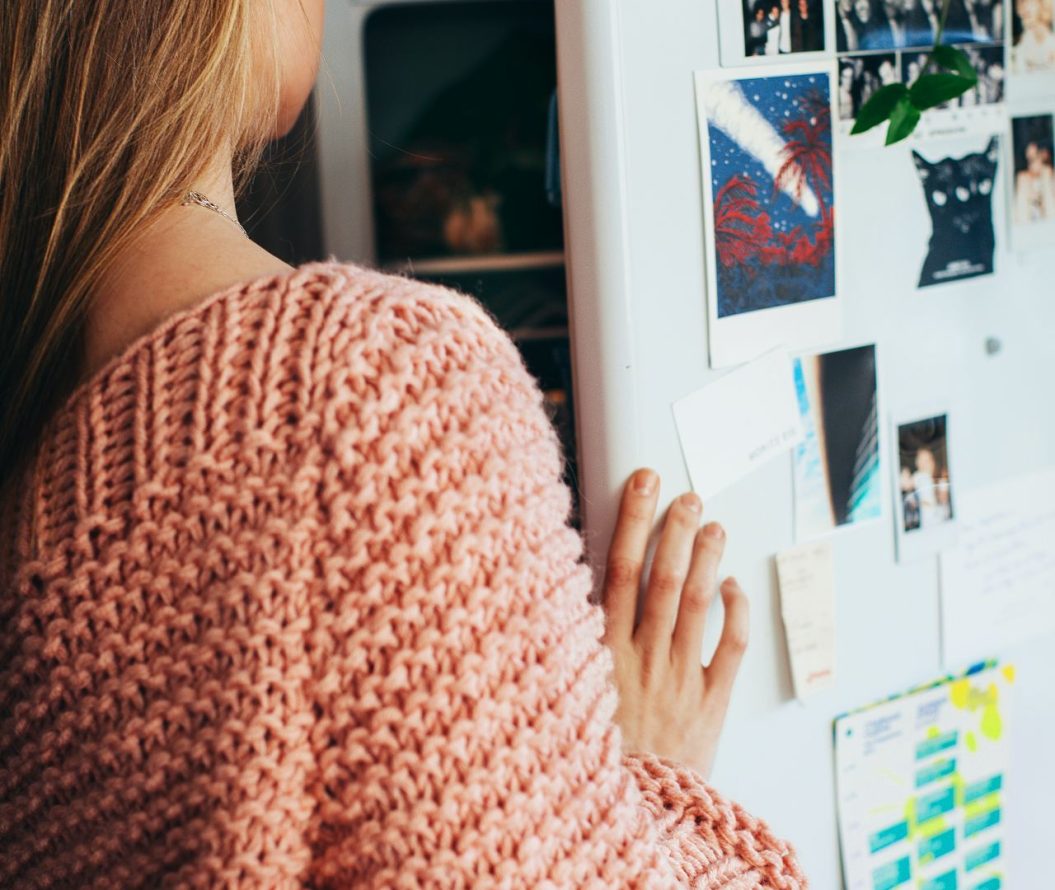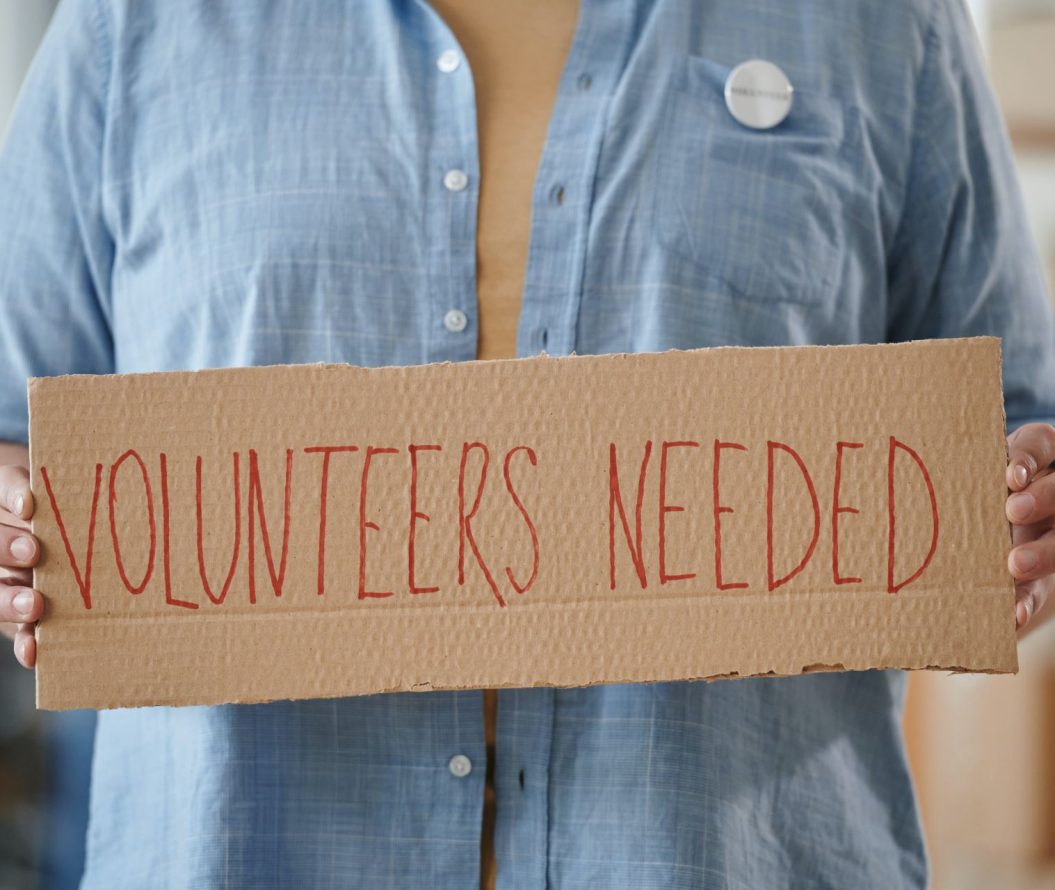
So you’ve got your place…now what?
It’s results day! Maybe you got your place, or maybe you’ve picked something new. Either way in just over a month you’ll be leaving your school or college behind to start the latest chapter in your life. But where to start? With such a dramatic lifestyle change ahead it’s time to get your affairs in order.
Money
First things first, Student Finance. You should have already applied for finance, but now you have your university place, it’s time to confirm it. You should receive a letter containing the details and payment dates of your student finance throughout the year – it will also contain a letter for you to sign and return. Make sure you do that, or else you won’t be able to start your course. Put the payment dates somewhere safe for now, and take them with you to university to help plan your budget.
This brings me on to my next point – University isn’t cheap, and a lot of things can come as shock to those who aren’t used to spending on necessities. Who knew cheese was £3.50?! Luckily you still have some time to save.
Unfortunately, you won’t have room for all your old things at university, so one option could be selling a few things you no longer need on websites like eBay or Depop. You can start with those A-level textbooks. If possible try and find a summer job, even if it’s just doing one night a week at a local restaurant – ‘Every little helps.’
Using your confirmation letter, you can now open a student bank account. These often have larger 0% overdrafts that will come in handy should you eat up your loan too quickly. Sometimes, these also come with some great freebies such as a free 4-year railcard, perfect for going home to visit friends and family. Because of their different rates and deals, it’s worth shopping around. While you will want to choose a bank near to you, don’t just pick the closest one. That extra five-minute walk might be worth it in the long run.
Accommodation
Within the next week or so you should receive confirmation of your accommodation – if you’ve already applied for it. Often this will come with a set of forms that you’ll need to fill out and bring with you, as well as some ground rules. It’s worth reading through these as not everything is obvious. You don’t want to get evicted for bringing a Yankee Candle with you to university. You should also receive details of which room you’re in, at this point you can join the appropriate Facebook group and introduce yourself to your new flatmates. This is especially wise if you plan to go to fresher’s events as you don’t want to buy tickets only to find out you’re the only person who has once you get to your flat. This way you’ll have somebody to go with long before you arrive at university.
While we’ve moved on from money, it’s also worth noting that some halls require a deposit before your first student finance payment is made. Details about that are included in the terms sent to you, but make sure you have enough money to cover it before you leave home.
Health
Fresher’s Flu is real and you’re going to get it. Expect to have the time of your life in your first week and find yourself dying in the second.
Stock up on cough medicine, paracetamol and any other useful remedies you can think of. It’s also a good idea to register with a new GP surgery and dentist before there’s a rush on the places. This is made much easier if you already have your NHS number or medical card. If you don’t, your current GP can look this up for you.
Transport
Make sure you know how you’re planning to get to your accommodation. Most people will get a lift with their parents, but for some, the journey is too far. You may need to book train tickets, organise a coach or even get a flight. The earlier you book these the better, as fares will increase the closer you get to September.
While less of a problem for those travelling with family, it’s worth thinking about what you’re going to take with you. Don’t overpack – take what you need rather than everything you own. Essentials such as Toasters and Kettles are pretty cheap and easy to get at places like the local Wilko or in a supermarket so you won’t have to carry them half way across the country. In many cases, someone else in your flat will be bringing them anyway, so a second kettle is redundant. This is another reason why it’s good to join a Facebook group ahead of time, you can coordinate who brings what.
Studying
Finally, you’ll be sent a welcome pack by your university. Inside you’ll receive an itinerary of welcome talks, course details and most likely a reading list of essential textbooks. Truth be told many of these textbooks aren’t ‘essential’ and often there’s heavy overlap between them. Try to find a second-year student on social media and ask them which books you should buy. If you’re lucky they’ll sell you their old ones at a discounted price.
Make sure you do any preparation work you’re sent and don’t lose the itinerary, as for the first week or so that will be your timetable.
If you suffer from a disability, this is also a good time to let your university know. They can make sure that a learning support plan is in place and can plan around any other special considerations. Disabled students are often entitled to benefits such as additional funding and extra time in exams. The sooner you tell them the less chance that there’ll be any problems.
If you need more information on this visit the Student Wellbeing Centre.
That’s it! If you manage to do everything on this list, you’ll be set for life at university and if you have any other question don’t hesitate to get in touch with us on social media. On behalf of everyone here at the University of Lincoln Student Life, congratulations on your A-level results, we look forward to seeing you in September!



